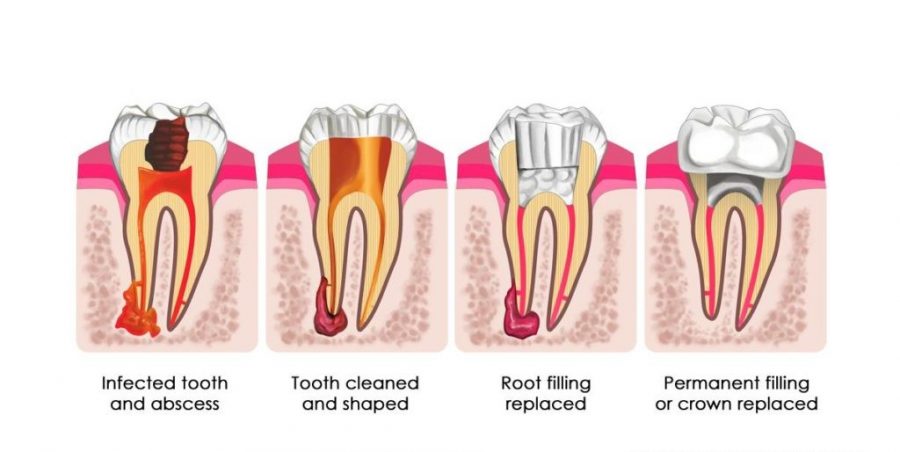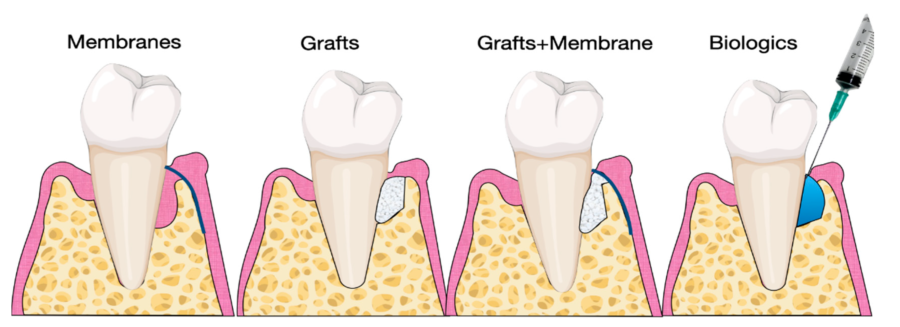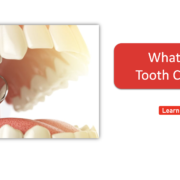Endodontics is the dental specialty that focuses on the diagnosis, prevention and treatment of diseases and injuries of the dental pulp and others inside the jawbone. Endodontists also treat problems related to primary (baby) teeth, known as neonatal dentistry. An endodontist is a dentist who specializes in treating diseases of the innermost portion of teeth, known as the dental pulp, which consists of blood vessels and nerves. An endodontic specialist must have completed an additional two-year postgraduate residency program after graduate school in order to specialize in endodontics.
Difference between an endodontist and oral surgeon?
Many people are confused about what the difference between an endodontist vs. oral surgeon is. The main difference is that oral surgeons focus on the teeth’s crown and surrounding structures, while endodontists treat the teeth’s pulp and surrounding structures. Dentists who specialize in root canals are called endodontists. People who specialize in treating the teeth’s surface are oral surgeons. People who specialise in treating the teeth’s interior are endodontists.

An endodontist specializes in the diagnosis and treatment of diseases. Injuries and infections of the dental pulp (an innermost portion of teeth) and other endodontic tissues inside the tooth (root canals, periapical tissues, and the periodontal ligament) and the surrounding bone (alveolar bone and the sinus). An oral surgeon specializes in surgical and other procedures on the teeth’s surface and tissues surrounding the teeth, such as the gums. An oral surgeon does not do root canals.
Dental anatomy
The teeth anatomy has three parts – the crown, the root (the innermost part of the tooth) and the surrounding bone. The crown is the part of the tooth visible when you smile. The root is the innermost part of the tooth that extends into your jawbone. The gums are the soft tissue that surround the teeth. The periodontal ligament is the soft tissue between the tooth’s root and the alveolar bone.

How does an endodontist treat teeth?
An endodontist is a dentist who specializes in the diagnosis. Treatment and prevention of diseases of the dental pulp and other endodontic tissues inside the tooth (root canals, periapical tissues, and the periodontal ligament) and the surrounding bone (alveolar bone and the sinus). The endodontist’s main job is to diagnose diseases of the teeth and treat them by removing infected dental pulp.
The treatment for diseased teeth is typically a root canal therapy, or endodontic treatment. In root canal therapy, the infected dental pulp and the bacteria within it are removed from inside the tooth. Once the infection and bacteria are removed, the root canal is cleaned out and a filling (like gutta-percha). Is placed inside the canal to keep it open and allow the tooth to heal.

How can you find a good endodontist?
Finding a good endodontist is not as easy as finding a good dentist. When you need a root canal, you need to find a specialist who knows how to do it right. The best way to find a good endodontist is to ask your dentist for a referral. They usually know who the best specialists are in your area and they can help you find the best endodontist near you. You can also search for root canal specialists on websites like Dental Societies and Dentist Reviews.
Final words
When teeth have nerve damage or infection, they need endodontic treatment. People who specialize in treating the teeth’s surface are oral surgeons. An endodontist specializes in the diagnosis and treatment of diseases, injuries. And infections of the dental pulp (innermost portion of teeth) and other endodontic tissues inside the tooth (root canals, periapical tissues, and the periodontal ligament) and the surrounding bone (alveolar bone and the sinus). To become a specialist in root canals, the endodontist must complete an additional two-year residency after graduating from dental school.






